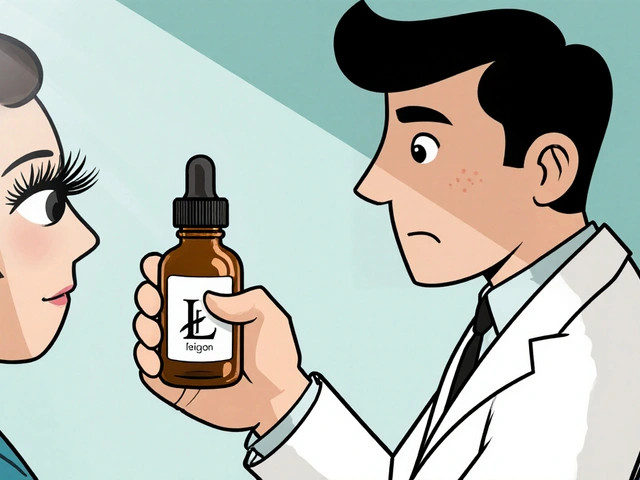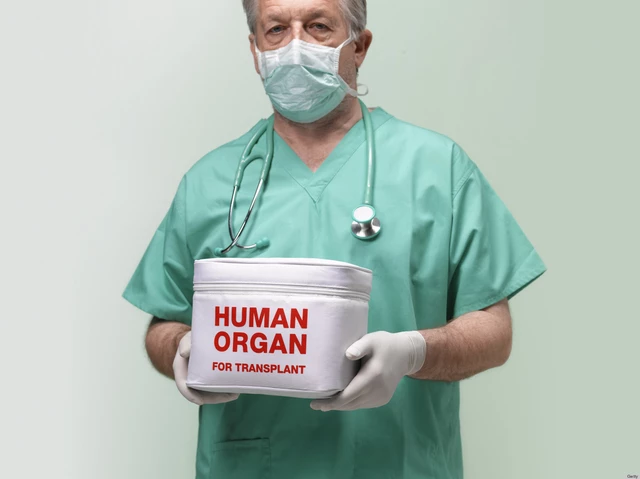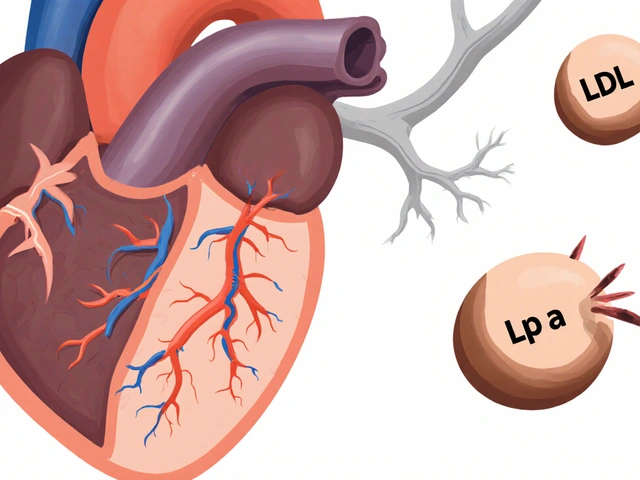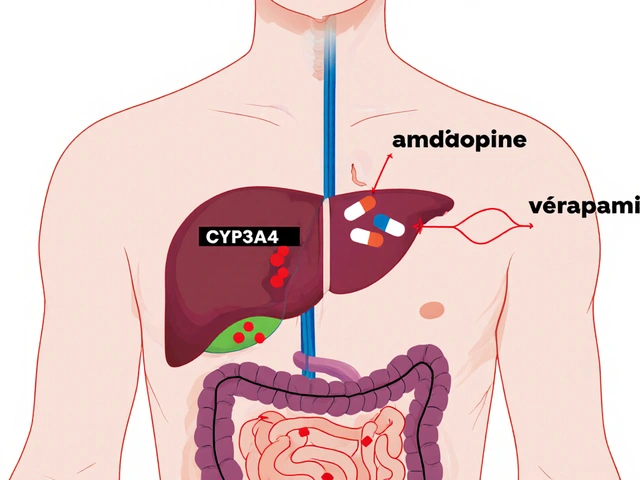Antabuse alternatives: what actually works when disulfiram isn’t right
Antabuse (disulfiram) works by making you feel sick if you drink. That’s a strong deterrent for some people, but others can’t tolerate it or don’t like that approach. If Antabuse isn’t a fit, there are clear medical and non-medical alternatives that reduce cravings, protect the brain, or support lasting behavior change.
Medical alternatives — how they differ and what to expect
Naltrexone reduces the pleasure you get from alcohol. It comes as a daily pill or a once-monthly injection (Vivitrol). Naltrexone is helpful if you find yourself reaching for another drink because it dulls the reward. It’s not safe with opioids and needs liver check before starting.
Acamprosate eases the long‑term brain chemistry changes after heavy drinking. It won’t make you sick if you drink, but it helps reduce cravings and makes staying sober easier. Common side effects are mild: diarrhea and nausea at first. Acamprosate is a solid option when you want fewer cravings and fewer interactions with other drugs.
Topiramate is an anticonvulsant that also cuts alcohol use in some people. Doctors sometimes use it off‑label for alcohol problems because it lowers how much you want to drink. Watch for side effects like tiredness, tingling, or changes in thinking. Regular check‑ins with your prescriber help manage dose and side effects.
Nalmefene is approved in some countries as an as‑needed medicine to reduce drinking. It’s taken when you predict risk of drinking and can reduce consumption without requiring total abstinence. Availability varies by country, so ask your clinician if it’s an option where you live.
Non‑drug options and how to choose
Therapies—CBT, motivational interviewing, and contingency management—help change the habits around drinking. These approaches teach coping skills, fix triggers, and build new routines. Many people do best with a combination: medication plus therapy.
Peer support groups like AA or SMART Recovery add social support and accountability. They’re free or low‑cost and can be used alongside medications. For people with severe dependence, supervised detox and residential programs provide safety and structure.
Choosing an alternative comes down to goals and medical factors. Want fewer cravings or total abstinence? Do you use opioids or have liver disease? Cost and access matter too—monthly injections may be expensive but remove daily pill burden.
Practical tips: get a medical check (liver tests, medication review), be honest about opioid use, and start with a clear plan: goal, medication side effects to watch for, and a therapy or support option. If one approach fails, try another—switching medications or adding counseling often helps.
If you’re thinking about changing treatment, talk to a doctor or addiction specialist. They’ll match medical risks, personal goals, and lifestyle to the best option. You don’t have to stick with Antabuse—there are safer, effective alternatives that fit different needs.

Exploring alternatives to Antabuse can offer more flexibility and options for individuals seeking alcohol treatment. This article reviews nine alternative medications, providing insights into their benefits and drawbacks to help you make an informed choice. Whether it's flexibility in scheduling or FDA approval considerations, these options could be game-changers in managing alcohol dependence effectively.






